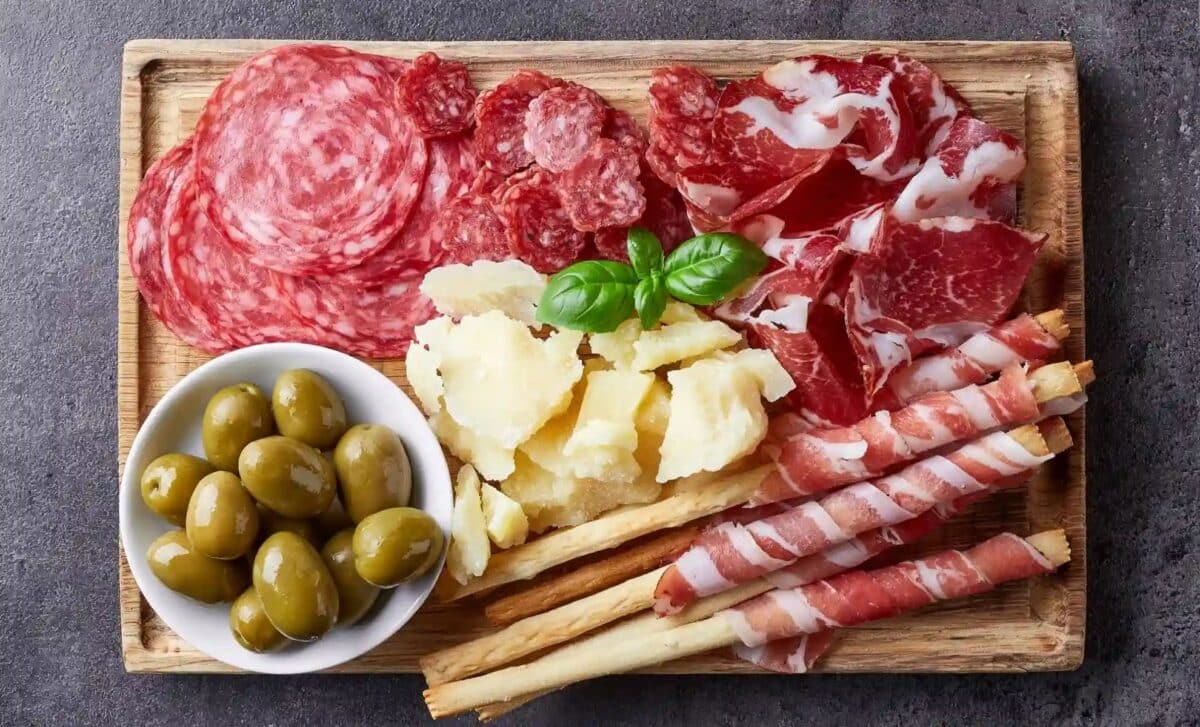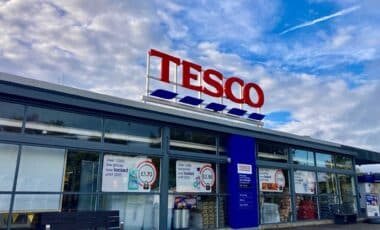A new government ban on bringing meat and dairy products from the EU into Great Britain marks a significant shift in border control policy aimed at safeguarding the country’s agricultural sector. The measure, introduced over the weekend, comes in response to a growing outbreak of foot-and-mouth disease in several parts of the continent.
The decision highlights mounting concerns within the UK over the vulnerability of its livestock industry, which remains central to the national food supply and rural economy.
By restricting the entry of high-risk animal products through passenger routes, authorities hope to prevent a repeat of past outbreaks that had far-reaching economic and environmental consequences.
Biosecurity Concerns Prompt Swift Government Action
The latest ban follows earlier targeted restrictions on products from Germany, Hungary, Austria, and Slovakia, where a surge in foot-and-mouth infections among cattle raised alarms.
Now expanded to cover all EU countries, the ban applies to a broad list of foodstuffs including pork, beef, lamb, mutton, goat, and venison, along with dairy items such as butter, cheese, and yoghurt.
Travellers attempting to bring these goods into Great Britain risk confiscation of the items and potential fines of up to £5,000 in severe cases, according to the BBC.
Permitted exceptions include up to 2kg of powdered infant milk, special dietary food for medical use, and infant food, provided these are properly packaged and intended for personal use. The restrictions do not extend to Northern Ireland, Jersey, Guernsey, or the Isle of Man.
While the UK currently reports no domestic cases of the disease, officials cite the devastating precedent of the 2001 outbreak, during which over six million livestock were culled in efforts to contain only 2,000 confirmed cases.
Given that a single infected farm typically results in the slaughter of its entire livestock population, the government views preventive measures as essential.
Sector Leaders Call for Permanent Safeguards and Reform
Reactions from the agricultural and food sectors highlight both support for the ban and calls for longer-term policy changes. Tom Bradshaw, president of the National Farmers’ Union (NFU), praised the government’s rapid response, saying, “Stricter border controls are essential.”
He further urged the creation of a “comprehensive cross-government biosecurity plan” that would embed such measures in law with appropriate investment.
The Guild of Fine Food, representing small independent food retailers, also acknowledged the importance of biosecurity. Managing Director John Farrand stated that the industry “absolutely supports” the aim of protecting farmers.
However, he also expressed concern that post-Brexit bureaucracy has already placed “significant constraints” on small-scale importers and exporters, and that this new measure might add to existing pressures.









